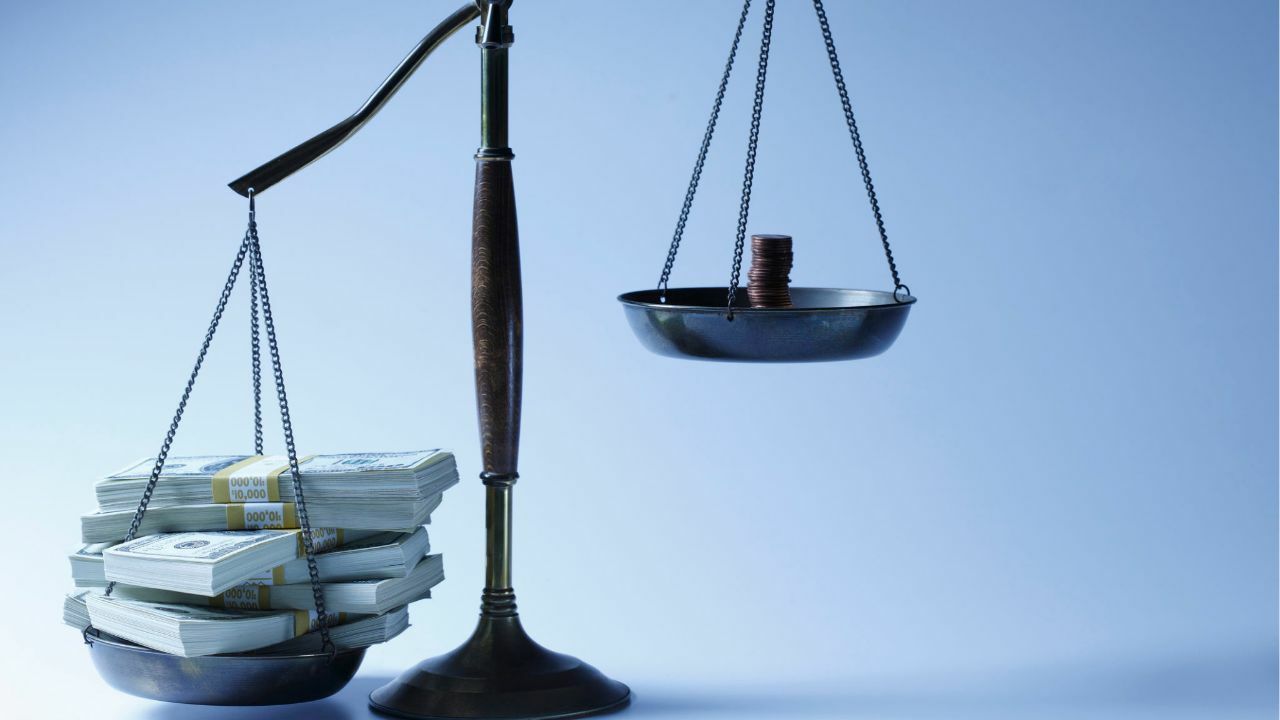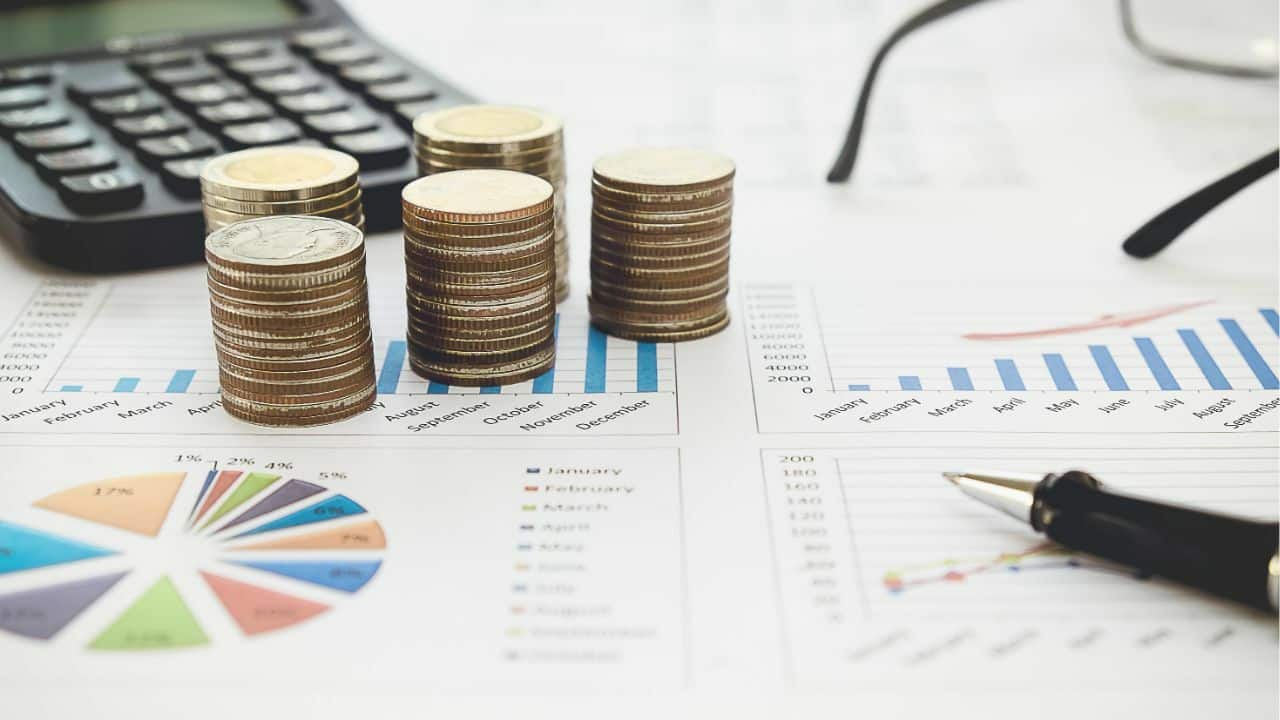Alarming financial inequality in Thailand
89% of bank accounts hold less than 50,000 baht

Recent data from the Bank of Thailand reveals a concerning financial disparity: approximately 89% of the nation’s bank deposit accounts contain less than 50,000 baht. This statistic underscores the fragile economic state of a significant portion of the Thai population, many of whom rely on daily wages and lack sufficient savings to withstand unforeseen financial challenges.
The financial inequality in Thailand
| Topic | Description |
|---|---|
| What does the data indicate about financial inequality in Thailand? | The data shows that out of over 124.8 million bank deposit accounts, a vast majority hold minimal funds, highlighting significant financial inequality and low savings capacity among the majority of Thais. |
| Bank deposit distribution in Thailand | The majority of bank accounts have low balances, while a very small percentage hold tens of millions of baht, demonstrating extreme wealth concentration within the country. |
What does the data indicate about financial inequality in Thailand?
The data indicates that out of over 124.8 million bank deposit accounts, a vast majority hold minimal funds, highlighting the limited financial resilience among the populace. This situation is exacerbated by rising living costs, including expenses for food, transportation, healthcare, and personal debt, making it increasingly difficult for individuals to save. For many, the concept of savings remains a luxury beyond reach.
A significant factor contributing to this issue is the low level of financial literacy among Thais. Many individuals lack knowledge about effective money management, investment opportunities, and the importance of savings.
Misconceptions, such as believing that substantial capital is required to invest or fearing the risks associated with financial ventures, deter people from exploring avenues that could enhance their financial stability.

The education system and governmental policies have yet to prioritise financial literacy as a fundamental life skill accessible to all. Without targeted initiatives to improve financial education, many citizens remain ill-equipped to make informed financial decisions.
Moreover, the data reflect a stark income inequality within the country. A minuscule fraction of the population—less than 1%—holds deposits amounting to tens of millions of baht, collectively surpassing the total savings of the remaining 90%. This concentration of wealth among a select few underscores the urgent need for structural reforms to address economic disparities.
To mitigate these challenges, it is imperative for policymakers to implement comprehensive strategies aimed at enhancing financial literacy, promoting equitable income distribution, and providing support mechanisms for low-income individuals. Such measures are crucial to fostering a more inclusive and resilient economic environment in Thailand.
Bank deposit distribution in Thailand
| Amount of Deposits (Baht) | Number of Accounts | Total Deposits (Million Baht) |
| Less than 50,000 | 124,889,457 | 473,313 |
| 50,000 – 100,000 | 4,396,299 | 310,725 |
| 100,000 – 200,000 | 3,514,177 | 487,475 |
| 200,000 – 500,000 | 3,281,782 | 1,041,050 |
| 500,000 – 1,000,000 | 1,640,675 | 1,175,765 |
| 1 – 10 million | 1,837,849 | 4,571,142 |
| 10 – 25 million | 107,726 | 1,608,807 |
| 25 – 50 million | 51,271 | 1,139,443 |
| 50 – 100 million | 30,913 | 1,051,440 |
Table statistics source: Bank of Thailand
This table illustrates the distribution of bank deposit accounts in Thailand, highlighting the significant concentration of low-balance accounts and the disparity in wealth distribution.
Thailand’s financial inequality is stark, with most people holding little savings while wealth is concentrated in a few hands. Improving financial education and fairer policies are vital to create a more balanced and resilient economy.
Source
Almost 90% of Thais’ deposit accounts hold less than 50,000 baht by Thai Newsroom
Latest Thailand News
Follow The Thaiger on Google News:


























